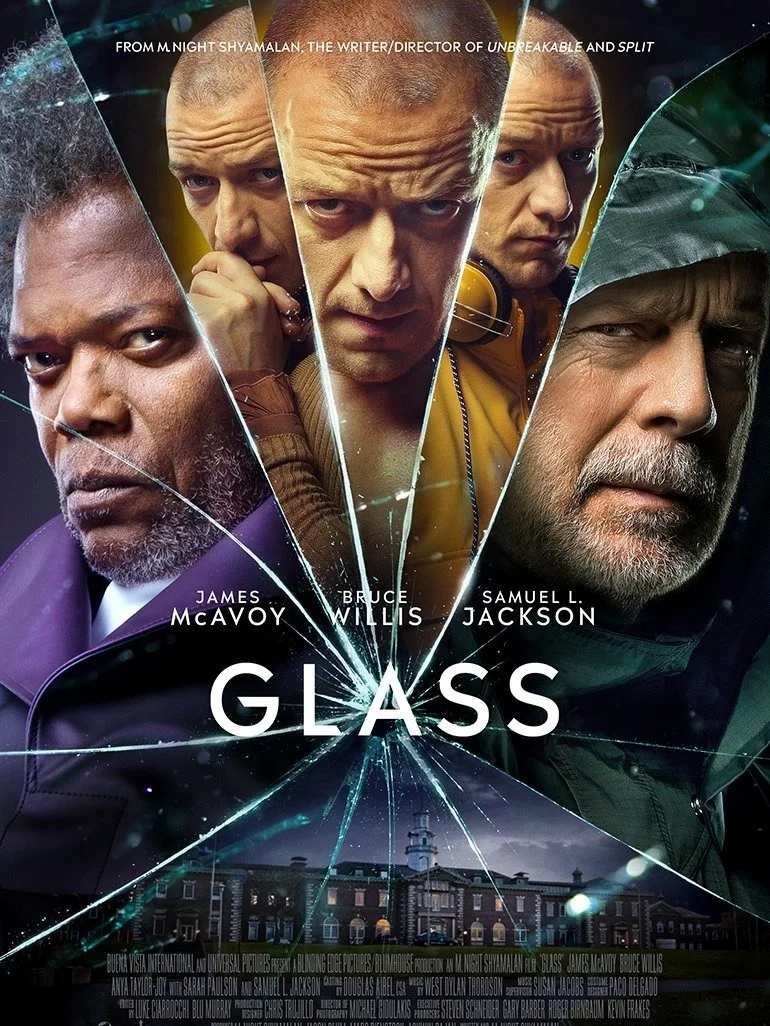Breathless (1960)
Director: Jean-Luc Godard
Writer: François Truffaut
Actors: Jean-Paul Belmondo, Jean Seberg, Daniel Boulanger
If you don’t really delve much into cinema, the directors you hear about are probably Steven Spielberg, Tim Burton, or Christopher Nolan. That was me about 9 years ago when I had no idea this incredible world of cinema existed. However, once I started learning more about this art form I heard different names. I started hearing Akira Kurosawa, Ingmar Bergman, Andrei Tarkovsky, and many more. Jean-Luc Godard was also one of those names that kept popping up again and again. For some reason I never got around to any of his films. I had heard how revolutionary his films were and the techniques he used. Whenever I heard such information I was always wary. These films that “changed the game” would sometimes come with a very big caveat. These films I would usually appreciate but not really enjoy. It happened when I saw Citizen Kane for example. I saw how amazing that film was for the time. It pushed the boundaries of cinema. But if I would honestly ask myself if I liked the film, I don’t think the answer would be positive. It is the same with any form of media. A piece of art would be so influential because it was the first to do a certain thing, and everything after it bares its mark. But that first piece may not hold up as well due to it being the first. Breathless is like that, to an extent at least.
Breathless does many things right. It uses many innovative techniques for the time. I think Godard tried everything in the book. Whether it be breaking the fourth wall or an interesting editing style, it seems like he just went all out and wanted to do something different. And for the 1960’s it was the case. The film was strange. Michel for example broke the fourth wall at the start of the film and it was the only time he did it. It was an odd choice, but for some reason it strangely worked. Also, a big element Godard focused on was conversations and how to showcase them. Certain conversations Godard would let them drag on for a very long time and using only one take. Like the one with Michel and Patricia in bed or when she was selling newspapers. The thing is that these conversations weren’t all that important to the progression of the plot. They were just meaningless small talk between the two on various topics. We get other instances though where Godard would edit the conversations in such a weird way. The only way I can describe it is how YouTubers use jump cuts. It was like we didn’t need to hear the whole thing, all we got was the important parts. It was a strange choice, don’t know if I liked the execution but I certainly was intrigued with how he did it. Finally, the film’s strongest aspect in my opinion is the score and the cinematography. The score especially really helped set the tone and played a key role in making the audience develop certain emotions that Godard wanted to pass on.
Now although I was quite interested with some of the techniques Godard used in this film, I was left a bit unsatisfied at the end of the film. As a character driven film, Breathless was not able to catch my attention and make me really connect with Michel and Patricia. The whole film revolves around them, not the events or the plot. They are the plot. But they felt hollow for some reason. Maybe it was due to lack of sleep, but I was not able to sympathize or attach myself to the couple. This is a film that may need a second viewing to really understand if I enjoy it or not. This review is merely my first impressions on the matter.
Breathless is an important film. Without reading about it’s historical context, I could tell that for the time Godard was pushing boundaries. He paved the way for future directors and his techniques gave light to new and innovative ways to make films. I could see the mark Breathless had on future films, especially in French Cinema. So I return to my first thought in this review.
Revolutionary? Definitely
Did I enjoy it? Sort of



